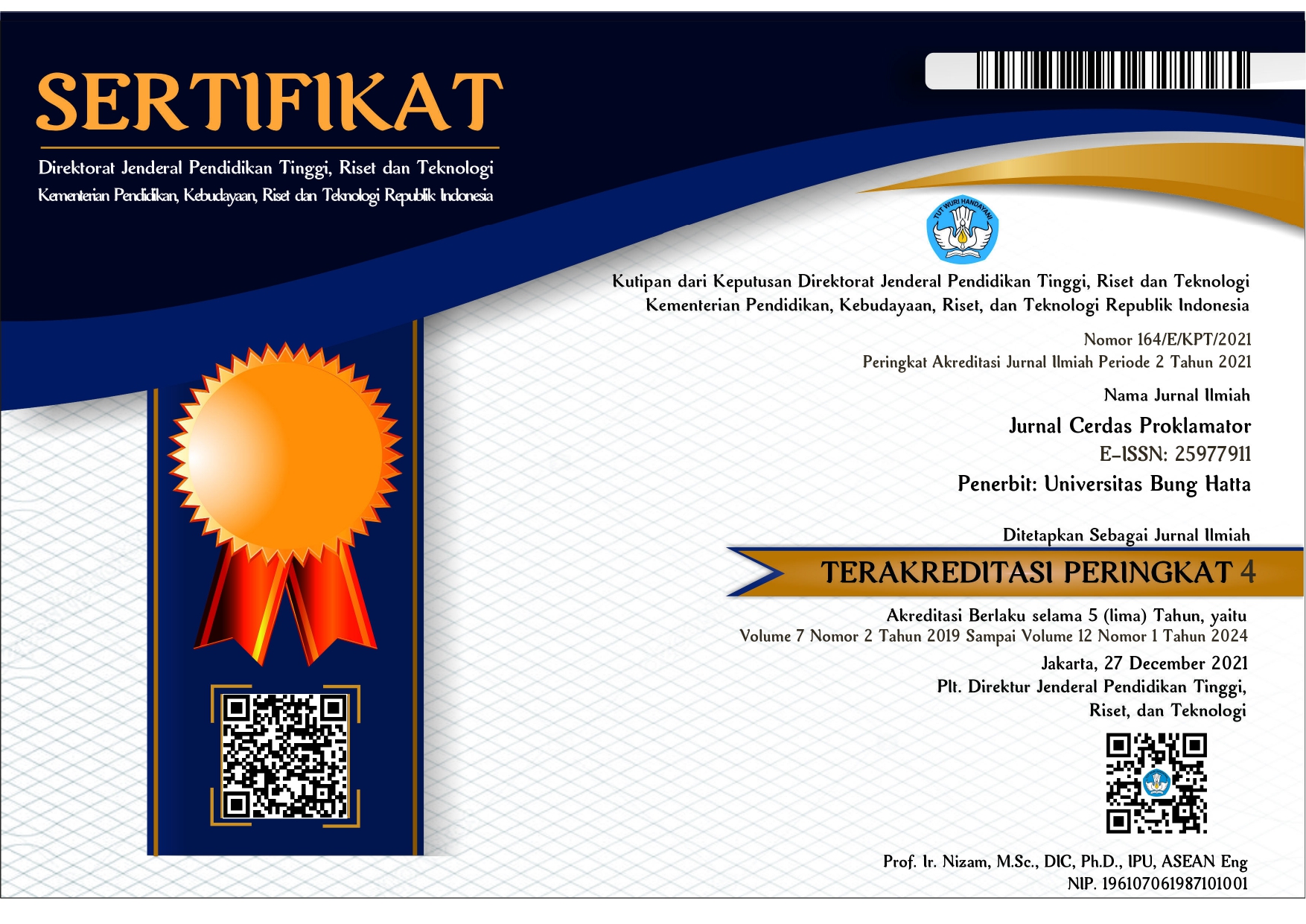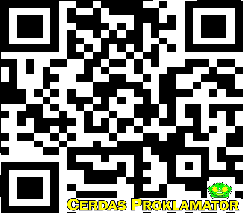MENCIPTAKAN LINGKUNGAN SEKOLAH YANG EFEKTIF
DOI:
https://doi.org/10.37301/jcp.v7i2.37Kata Kunci:
school environment, conducive, effective, quality learning.Abstrak
This paper intends to review efforts to create a conducive and effective school environment more intensively so that learning objectives become more quality can be achieved. The purpose of making this paper is to be able to give insight to those who take part in the world of education to increasingly understand the following: the problem of the concept of the school environment and the concept of an effective school environment. It is known that to create an effective school environment there needs to be collaboration and compatibility between the conditions of the learning environment, both the physical and social environment, with the learning participants in this case students and teachers. Both learning environments need to be maximized in order to create an effective school environment. At the level of praxis, furthermore, it is hoped that education personnel can apply an understanding of the concept of the school environment and the concept of an effective school environment in organizing educational and schooling activities.
Referensi
Anggraeni, Aisyah& Hendrizal. 2018. “Pengaruh Penggunaan Gadget terhadap Kehidupan Sosial Para Siswa SMA”. Jurnal PPKn & Hukum, Volume 13, Nomor 1, April 2018, halaman 64-76, ISSN: 1907-5901, terbitan Program StudiPendidikan Pancasila dan Kewarganegaraan (PPKn) FKIP Universitas Riau (Unri), Pekanbaru; URL: https://ejournal.unri.ac.id/index.php/JPB/article/view/5149/4827.
Caillods, Francoise. 1989. The Prospects for Educational Planning. Unesco: International Institute for Educational Planning, Imprimerie Gautheir-Villar, Paris.
Depdiknas. 2002. Pedoman Pengembangan Kultur Sekolah. Seri School Reform 01. Jakarta: Dirjen Dikmenum.
Depdiknas. 2004. Pedoman Penciptaan Suasana Sekolah yang Kondusif dalam Rangka Pembudayaan Budi Pekerti Luhur bagi Warga Sekolah. Jakarta: Dirjen Dikdasmen.
Depdiknas. 2006. Pemberdayaan Komite Sekolah. Jakarta: Dirjen Dikdasmen, Depdiknas RI.
DePorter, Bobbi. 1999. Quantum Teaching: Mempraktekkan Quantum Learning di Ruang-ruang Kelas. Terjemahan Ari Nilandari. Bandung: Kaifa.
Enwistle, Harold. 1977. Class, Culture and Education. London: Methuen and Co Ltd.
Hendrizal. 2010. “Perlunya Sekolah Bernuansa Budaya.” Padang: Harian Haluan,17 Februari2010, artikel rubrik Opini, halaman 4.
Hendrizal. 2011. “Sekolah Berwawasan Budaya.” Padang: Harian Singgalang, 1 Februari 2011, artikel rubrik Opini, halaman A-9.
Hendrizal. 2011. “Sekolah, Mutu dan Strategi.” Padang: Harian Singgalang, 26 April 2011, artikel rubrik Opini, halaman A-9.
Hendrizal. 2014. “Menggagas Sekolah Ideal Menurut Perspektif Sistem”. Jurnal JIT (Jurnal Ipteks Terapan), Volume 8, Nomor 2, Juni 2014, halaman 118-134, ISSN: 1979-9292, terbitan Kopertis Wilayah X (Sumbar, Riau, Jambi & Kepri).
Hendrizal. 2015. “Menggagas Pengembangan Budaya Sekolah yang Unggul”. Jurnal Sosial dan Humaniora, Volume 1, Nomor 2, Oktober 2015, artikel urutan ke-10, ISSN: 2459-9530, terbitan Kopertis Wilayah X Sumbar, Riau, Jambi & Kepri; jurnal OJS, URL: http://ejournal.kopertis10.or.id/index.php/soshum/issue/view/10.
Hendrizal. 2015. Kajian Psikologi Pendidikan dalam Pembelajaran. Padang: Bung Hatta University Press.
Hendrizal. 2016. “Mewujudkan Profesionalisme Guru di Indonesia”. Dalam buku Prosiding Seminar Nasional Pendidikan (SEMDIK) Profesi Guru Menghadapi Tantangan Masyarakat Ekonomi Asean (MEA), terbitan FKIP Universitas Bung Hatta, Padang, 24 September 2016, halaman 188-199, ISBN: 978-602-60289-0-7.
Hendrizal. 2018. Mengulas Masalah Pendidikan. Padang: LPPM Universitas Bung Hatta.
Hendrizal. 2019. Mengupas Problema Kependidikan. Padang: LPPM Universitas Bung Hatta.
Kaufeldt, Martha. 2008. Wahai Para Guru Ubahlah Cara Mengajarmu. Jakarta: Indeks.
Kusmoro. 2008. “Pengaruh Model PAKEM dengan Pendekatan Konstruktivisme dan Cooperative Learning dalam Pembelajaran Sains Ditinjau dari Lingkungan Belajar Siswa.” Tesis UNS.
Nasution, S. 1983. Sosiologi Pendidikan. Bandung: Jemmars.
Suprapto. 2009. “Manajemen Berbasis Sekolah.” Dalam: http:/multiply.com/info/about.
Thoha, Miftah. 1999. “Desentralisasi Pendidikan.” Jurnal Pendidikan dan Kebudayaan, No. 017, Tahun ke-5, Juni 1999.
Tirtarahardja. 2005. Pengantar Pendidikan. Jakarta: Rineka Cipta.
Walida. 2009. “Sekolah.” Dalam: http://manajemensekolah.teknodik.net/, 2 Januari 2009.
##submission.downloads##
Diterbitkan
Terbitan
Bagian
Lisensi
Copy right in each article belong to the authors.
1. The author acknowledges that the Journal Cerdas Proklamator as a publisher who publishes for the first time with the
Creative Commons Attribution 4.0 International License.
2. The Author can enter the writing separately, manage the non exclusive distribution of manuscripts that have been published in this journal into the other versions (eg sent to the repository of the author's institution, publication in book, etc), by acknowledge that the manuscript was first published in the Jurnal Cerdas Proklamator.

























